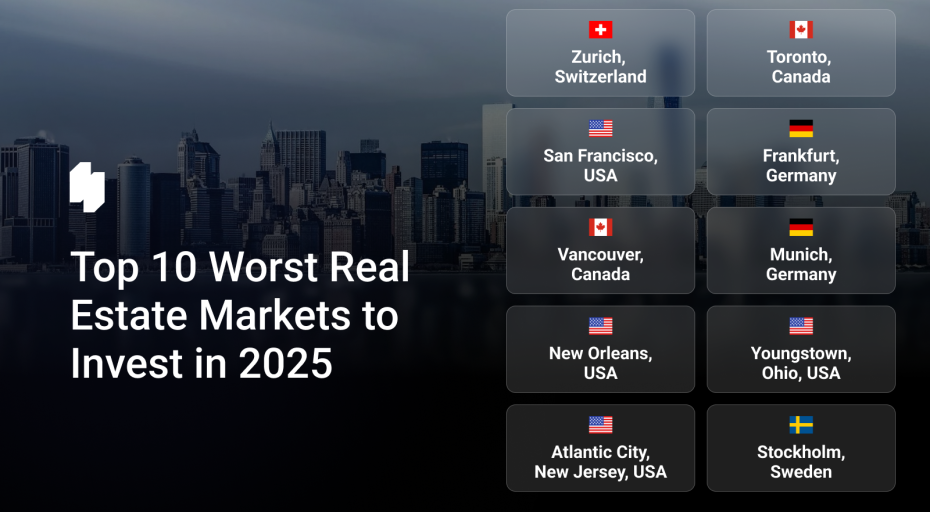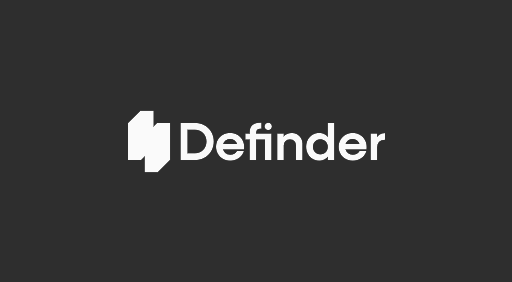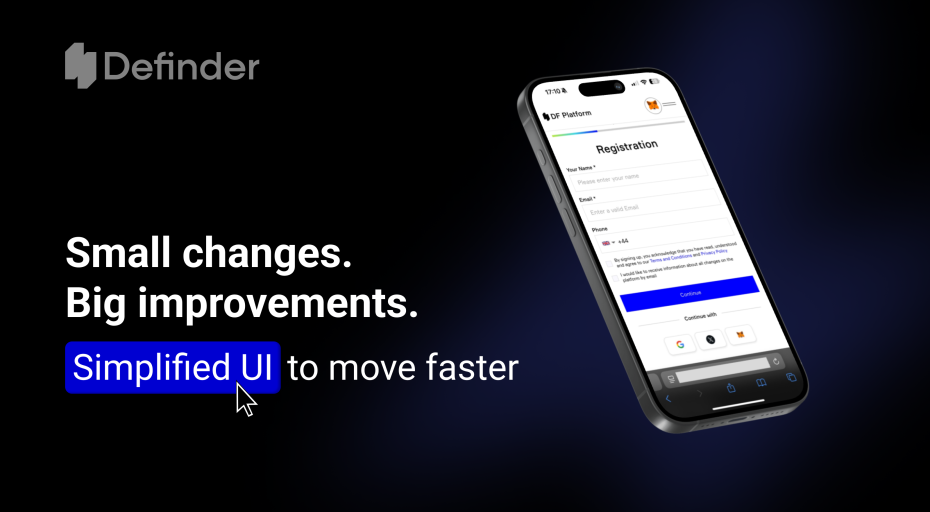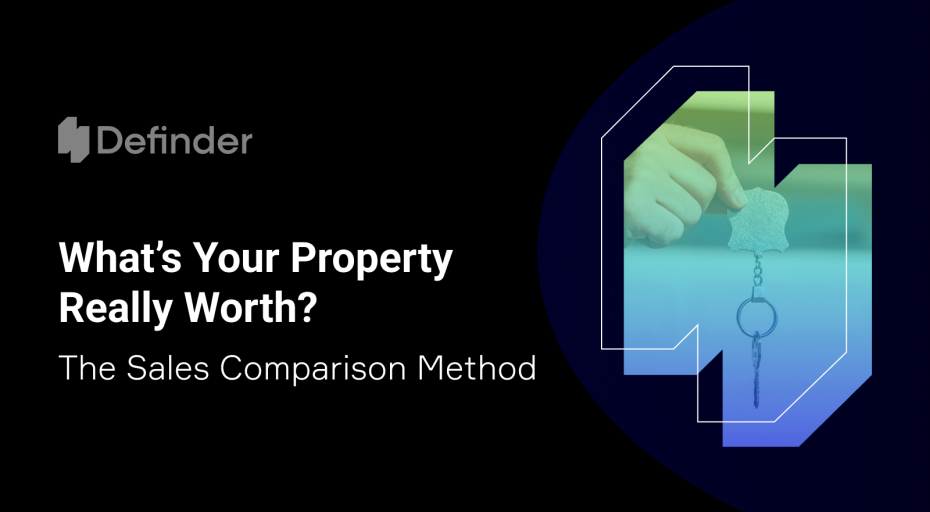The Fee Pool and Ukraine Explained
This article sets out to cover two main topics: first of all, I will be setting out our plans at Smartlands for the creation of a revenue pool that will be shared with qualifying SLT holders. Secondly, I will be giving some background and more colour on our intentions with regard to opportunities in Ukraine, particularly an update on how we are progressing on our end of Q1 / early April deadline to get the Smartlands platform generating SLT fee income.
Strategy for fee income
As we have already announced, Smartlands will be reserving 1/3 of all fee income to be distributed to qualifying token holders, which will be paid out in SLT tokens. In order to understand how this will benefit holders, we need to explain in a bit more detail how the fee income will be generated in the first place.
The Smartlands platform is a battle-proven structure on which the owners of real estate and other assets can list all or part of their unencumbered equity in yield-producing real estate and sell tokens giving outside investors fractional ownership in the asset. This creates both an upside opportunity in capital appreciation as the asset increases in value over time and a yield as the commercial rent paid by tenants in the property is paid pro-rata to token holders after management fees, which will be clearly set out for each property and will take care of contracted maintenance and cleaning of communal areas and ongoing repairs. In effect, Smartlands is bringing the benefits of a Real Estate Investment Trust (REIT) and commercial property companies to the individual investor.
In order to list an asset on the platform, a number of the upfront and ongoing fees will be paid by the asset owner as follows:
- A listing fee of Euro 5,000
- 5% of all capital raised
- An ongoing listing fee of Euro 1,500 to be paid annually
- There will be no commission charged for buyers in the secondary market, but sellers of asset tokens on the platform will be charged 1% of each sale.
In order to demonstrate how this will work in practice, we set out three examples below.
Example 1
The owner of a multi-floor fully let office building valued at Euro 12mn with long term business tenants needs to raise Euro 3mn to take advantage of other opportunities. In this case, a 25% equity stake in the building will be lodged with a custodian who will then issue tokens fully backed by the underlying equity. To keep things simple, let us say that 3mn tokens are issued at Euro 1.00 each and are then marketed to investors who buy the tokens.
In this example, the fees due to Smartlands as the token compliance operator would be as follows:
- Listing fee Euro 5,000
- 5% capital raising fee, Euro 150,000
- Total thus Euro 155,000
- Of which 33.33% or Euro 51,661.50 will be distributed to qualifying token holders
Example 2
A property owner has acquired a fully let office building at a below-market price. He was able to move quickly, and the seller needed a quick sale because he had other urgent obligations he needed to apply the capital to. In this case, a building with a fair market value of Euro 1.1mn has been acquired for Euro 700,000. The new owner now has a theoretical profit of Euro 400,000 on his original investment based upon his purchase price versus the current market price. Still, he is, of course, unable to access this profit as it is tied up in the building. In this case, Smartlands can give the owner access to this marooned profit by arranging a listing of Euro 400,000 or 36.36% of the asset’s equity.
The fees that would apply to Smartlands in this instance would be as follows:
- Listing fee Euro 5,000
- 5% capital raising fee Euro 20,000
- Total thus Euro 25,000
- Of which Euro 8,332.50 will be distributed to qualifying token holders
The two examples above will produce Euro 180,000 in fees for Smartlands, which has to be paid in SLT. Obviously, it makes no sense to place a one-off order to buy Euro 180,000 of SLT straight into the market so the funds due as fees will sit in the client’s wallet where they will be blocked from withdrawal and using a buy bot will be used to buy SLT in the market over time creating an ongoing and real-world demand for SLT and helping to reduce to supply in the market. This will create upwards pressure on the SLT price, which will accelerate as more listings are arranged.
Example 3
Outside of tokenizing real-world assets, the Smartlands platform and proven blockchain technology are proving attractive solutions to several potential partners. To date, we have only confirmed the agricultural platform Agroxy in this regard. Still, we are in advanced negotiations with a number of new partners and expect to be able to announce further joint ventures during Q1. Each of these partners will generate a large throughput of relatively small transactions across the Smartlands ecosystem, with Smartlands taking a small cut of each one.
In this case, the fees due to Smartlands will sit in the partner’s wallet, where they will be blocked until they have reached a predetermined amount, for example, Euro 50, which will then be used to buy SLT on the market. We would envisage there will be multiple small transactions such as this each day once each joint venture goes live. This entire process will be automated, and programmed buy bots will make the purchases. All fees generated by this example will also apply to the fee pool, and 33.33% of all fees received by Smartlands will accrue to qualifying SLT holders.
To become a qualifying token holder, it will be necessary to hold a minimum of Euro 1,000 of SLT.
The mechanism for establishing the cut-off date, frequency, and mechanics for each disbursement is currently under review and will be announced during Q1 before the platform goes live.
The examples above are based upon real situations in Kyiv, and the Smartlands Ukraine team is working hard to locate further asset owners who will benefit from tokenizing quality real estate assets.
During February, we will be working with Quantum Attorneys to establish the legal and operating structures that will apply to the operation to ensure that Smartlands is in accordance with the laws of Ukraine both as they stand now and once the laws on digital assets are confirmed by the Ministry of Digital Transformation.
We will, of course, keep you all updated as various milestones are achieved.
Some background on Ukraine
Ukraine has a land area of 603,000 square km, making it around 70% larger than Germany, for example, with 357,000 square km, yet with around 40mln residents, Ukraine has less than half the population of Germany’s 83mln.
Independence from the defunct Soviet Union was declared on 24th August 1991, making Ukraine a relatively new country in its own right at just under 30 years old. For a new country, however, the lands of Ukraine have a long history, with the oldest building in Kyiv, St Sophia’s Cathedral, for example, being founded in 1036. The country is also home to some astonishing ancient castles which wouldn’t look out of place as the setting for an episode of Game of Thrones.
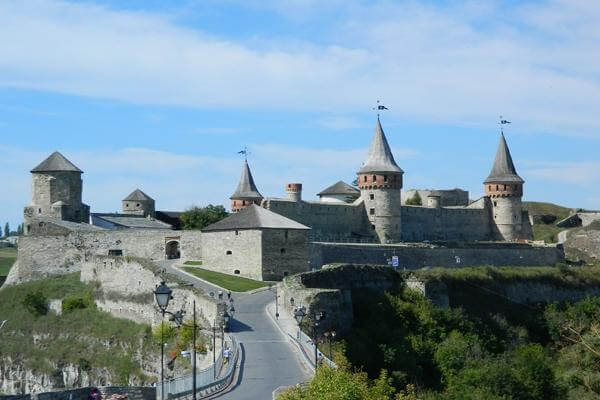
Kamyanets-Podilsky Castle (Khmelnytska Oblast) dates back to the 11th century.
While Game of Thrones is somewhat famous for its dragons, Ukraine is beginning to achieve a reputation as the birthplace of another mystical creature – the unicorn. To date I am aware of 3 Ukrainian unicorns, being start-ups that have surpassed a $1bn market valuation, namely Grammarly, GitLab, and Jan Koum, the founder of WhatsApp currently owned by Facebook.
The Ukrainian IT sector now employs more than 200,000 highly skilled specialists, of which 67,000 are front end developers. Each year, around 36,000 new IT and tech graduates join the industry, most of whom are fluent in at least two languages. Ukraine does not have a policy of bankrupting its young by charging high fees for a university education and a state university degree is generally gained at a cost of around $1,000 per academic year. Accordingly, newly graduated students are able to enter the workplace unencumbered by huge debts, leaving them in an advantageous position when it comes to creating their own startups.
Outside of the startup community creating the unicorns of tomorrow Ukraine also boasts more than 110 R&D centres for multinational companies, including Microsoft, Samsung, Boeing, Skype, IBM, Ericsson, Siemens, and countless others, including Google, who announced the opening of their 2nd R&D center in Kyiv only last month.
Many tech and IT workers working on a freelance consultancy basis are able to register themselves as an individual entrepreneur. At this point, they pay only 5% income tax quarterly on their entire income. This, when considered alongside Ukraine’s booming tech sector and low cost of living, makes Ukraine increasingly attractive to well educated, well paid IT specialists. Not only is the brain drain from Ukraine to other countries reversing in Ukraine’s favour, but many foreign IT specialists from surrounding nations are choosing Ukraine as their home to benefit from the IT and tech-centric ecosystem that already exists.
In 2019 Ukraine’s IT sector represented 4% of national GDP and yet employed just 1% of the workforce. The tech-savvy and well paid IT sector specialists in Ukraine will form a key target audience of Smartlands marketing activities to attract investors to tokenized offerings of real-world assets once the investment platform goes live.
Outside of the IT and Tech sector, Ukraine has another audience who we believe will find offerings on the Smartlands platform extremely attractive. These are the local property investors. Ukraine has had an unfortunate history with its banking industry over the past 30 years. First of all, the state savings banks of the old Soviet Union basically ceased to exist following the collapse of the USSR, leaving deposit holders with no way to access their savings. It took almost two decades to pay partial restitution to Ukrainians who lost their savings in the Soviet banking fiasco, and even then, only partial repayments were on offer. This led to a generation with a healthy distrust of banks. To further add to the less than rosy view of the banking industry in more recent times, more than 90 Ukrainian banks failed between 2014 and 2018 with the state-owned guarantee fund offering restitution to investors but only up to UAH 200,000 (EUR 5,800) per depositor. To further add to the negative feeling about banks, Ukraine’s largest bank, Privatbank, was taken into state ownership in 2016 allegedly with a $5bn black hole in its accounts. As Privat was the country’s largest bank, the government could not risk its complete collapse, and so the bank and all its liabilities were acquired by the state.
While Ukraine’s surviving banks are today largely well-capitalized with strong balance sheets, it is no surprise that a large percentage of the Ukrainian population does not really trust banks and certainly would not consider leaving a majority of their savings in a deposit account. Consequently, investment in things one can touch and see, such as real estate, has become very popular, and the major cities of Ukraine have a large residential rental stock with the landlords being local citizens. In general, Ukrainians understand real estate and see it as an important investment conduit both for capital appreciation and rental income.
To date, your average Ukrainian citizen has been largely excluded from the commercial office investment market given the high costs of acquiring such a property and the skills needed to run it. At Smartlands, we believe that offering high quality and high yield commercial property-backed tokenized assets to this investor base will form a strong channel of demand once we go live with our platform launch.
Conclusion
In conclusion then, our plans for the fee pool structure and 1/3 disbursement of revenues to qualifying holders, we predict, will make SLT a stand out investment choice in the crowded crypto space, which, when coupled with native demand for SLT that the Smartlands business model will create, will lead to a rapid increase in demand for SLT from crypto investors.
Readers who require more background input on how the Smartlands team is developing value on the Stellar network may find the following three articles of interest.
A historical introduction to Crypto the Smartlands way
Farming in a blockchain-enabled world
Martin Birch
Kyiv February 2021
About the Author, Martin serves as the Non-Executive Chairman of the Smartlands Group and is the Managing Partner of Ukrainian investment bank Empire State Capital Partners.

